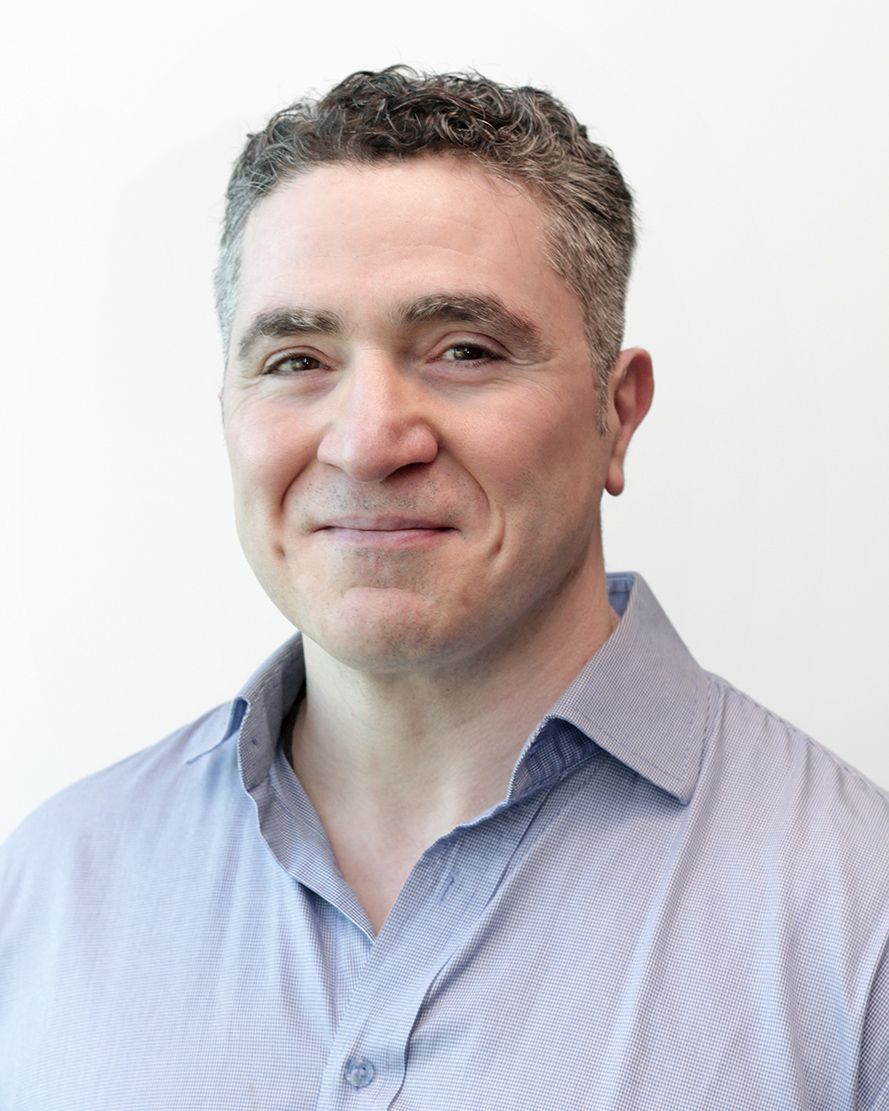
Graduate Associate
ssbayani[at]yorku.ca
Doctoral Candidate
Graduate Programme in Humanities, York University
Research Keywords:
Aerospace and identity; mobility and humanism; technology dominance; masculinity in aviation; subaltern; hegemony
Research Region(s):
West Asia
Research Diaspora(s):
Asian Diaspora
Shahab is a doctoral candidate in Humanities at York University where he has also completed an MA in Humanities. He holds an MBA and a BA in Economics from McMaster University. His additional qualifications are in commercial aviation. His current research interests examine human work interactions in the aerospace industry to investigate sustainability barriers. While exploring the experience of current aircraft maintenance engineers and commercial airline pilots, he accounts for the history of early aviation innovations where technologies and imaginaries were tied to flight with transcendent hope in the West. In the balance between technology dominance and humanism, mobilities of professional labour and emerging Asian capabilities, challenge the traditional discourse. Aerospace professionals are less likely to be homogenous today. While economic competitiveness and uncompromising safety standards are universally sought, highly specialized talent is now offered by those exhibiting race alterity and ethnic alterity. Opposition to dominance may be internalized, so how do these diverse groups prepare and perform optimally in this increasingly global, male dominated and profit driven technology sector? What are the core structural concerns and identity barriers to overcome?
Other aspects of his research include parallels in motor culture masculinity, male bonding and camaraderie through motorcycling. This is to better understand masculine hegemonic ideals. He has also presented conference papers in the construction of masculinity. He examines Western ideologies of man as the conqueror in contrast to the example of classical Persian literary humanism which presents Iranian male masculinity as a form of guardianship. These explorations ask: what is to be expected as we look ahead beyond global fears?
